Toxic plants in the garden: Tips and recommendations
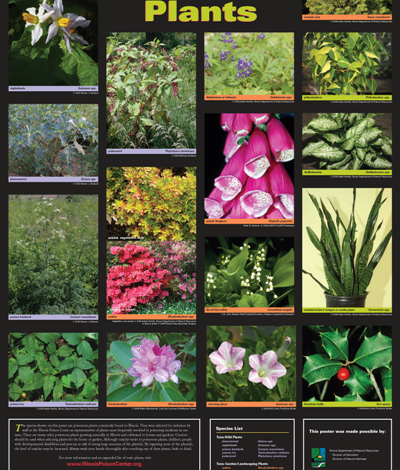
Good afternoon Agrohuerters! Did you think that all vegetables were harmless and can be consumed at will? Well, this is not the case, there are certain toxic plants or their consumption in large quantities can be harmful to our body.
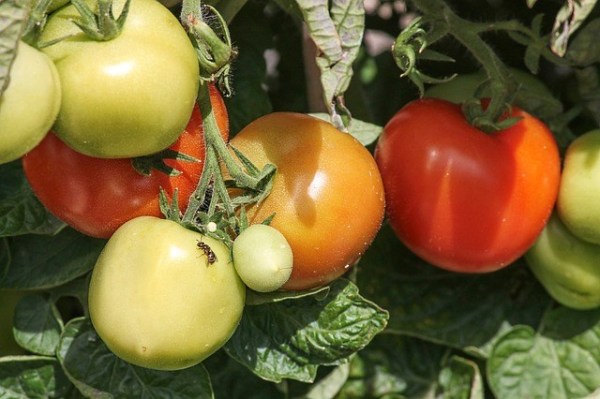
Why are there toxic plants?
In nature, the fact that a plant is toxic means that it is its form of defense against predators, since, like any other living being, it tends to safeguard its life and species. Many animals by smell (which humans cannot detect) know which plants they should and should not eat.
Some of these toxic vegetables, or toxic plants, we consume daily, but there is no reason to be alarmed since most consumed in normal portions do not harm the body, quite the contrary, they have very beneficial properties for it.
Toxic garden plants
Next we are going to see what these toxic vegetables are and how to take them in such a way that they are not:
Rhubarb
Rhubarb is the first plant on our list of toxic garden plants. On previous occasions we have talked about rhubarb. This vegetable contains very large amounts of oxalic acid, but this is not the main toxic component, but rather the so-called Anthraquinones, which have adverse effects such as increased bowel movements and changes in electrolytes. An excessive dose of this compound can result in colitis spasms, breakdown, general malaise and even worsen existing kidney diseases.
But it must be said that the real danger is in the leaves, these should NEVER be consumed because that is where the highest concentration of these compounds is found. What can be consumed is the stem and it is always recommended that it be cooked.
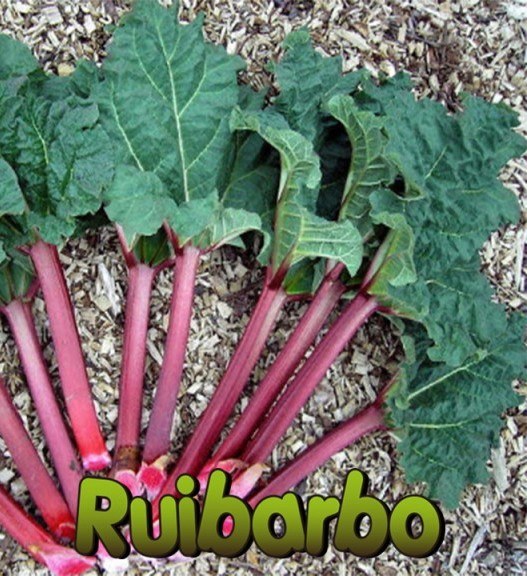
Solanaceae in general: this group is one of the most controversial due to its high content of alkaloids, but among what are usually consumed are:
Tomatoes
Tomato (Solanum lycopersicum) is one of the most consumed vegetables in our country. It has a high content of a type of alkaloid called solanine that is concentrated in the leaves, stems and ribs and in very young tomatoes (those that are totally green and small compared to the adult) we can also find this alkaloid, that is why it is advisable to consume the tomato somewhat ripe. If they are consumed when they are still unripe, they can cause intestinal pain and indigestion. If the plant is consumed, what can happen are liver, gastrointestinal and cardiac problems. If an enormous quantity of the plant parts (stems and leaves) is consumed, it could even cause death.
Potato
The Potato ( Solanum tuberosum) that we eat almost daily has no negative effects on our body. But if you have the potato plant, you must be especially careful not to consume its flowers, leaves and fruits due to the alkaloid that they present in great concentration in these parts. Because let’s remember that what is consumed from the potato plant is the tuber and it must be yellowish in color so that it does not present any problem.
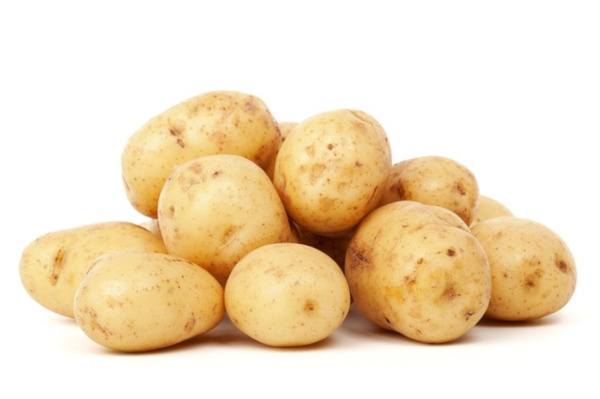
fake ginger
False Ginger (Asarum canadense) is not related to ginger, it has nothing to do with it, but its rhizomes have similarities with ginger such as taste and smell. Therefore, it was previously used in cooking as a substitute for ginger. It is now known that it contains aristolochic acid, which is highly carcinogenic. That is why we have included it in this list of toxic plants.
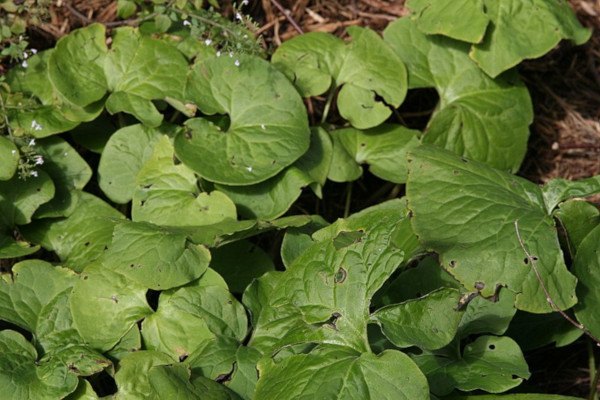
raw spinach
Raw spinach contains oxalates, and ingested in large quantities, it can be harmful to the kidney, causing stones to form. That is why in people who already have a kidney problem, its consumption is recommended once they have been cooked, since they do not keep as many properties but in this way the levels of oxalates are lowered.
In addition to vegetables, in fruit trees we also find some toxic ones such as the apple tree, cherry tree, the prunus species (peach, almond, plum…) all present a compound called glycosides in high doses in the seeds and some in the leaves. The fruits can be consumed without problems, but if the seeds and leaves are ingested in very large quantities, they can be fatal.
Remember Agrohuerters, that perfectly without any fear you can consume all of them, you just have to pay special attention to those that cannot be consumed raw or their leaves or stems (which are generally not the parts that are collected). You always have to take rational amounts without overdoing it, no matter how much we may like it. A recommendation for any case in which a vegetable causes itching in the mouth and throat or feels bad in the stomach after consuming it, it may be an allergy to it. So if you notice any of these symptoms every time you consume a particular vegetable, go to the doctor. Greetings and until next time!


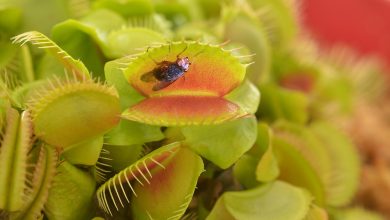
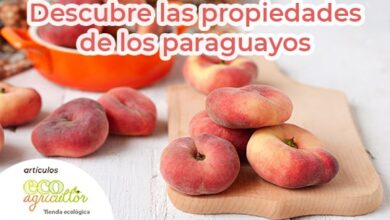
![Photo of The [10] Main Pests and Diseases of the Lemon Tree: How to Fight Them](https://www.complete-gardening.com/wp-content/uploads/2022/08/the-10-main-pests-and-diseases-of-the-lemon-tree-how-to-fight-them-390x220.jpg)